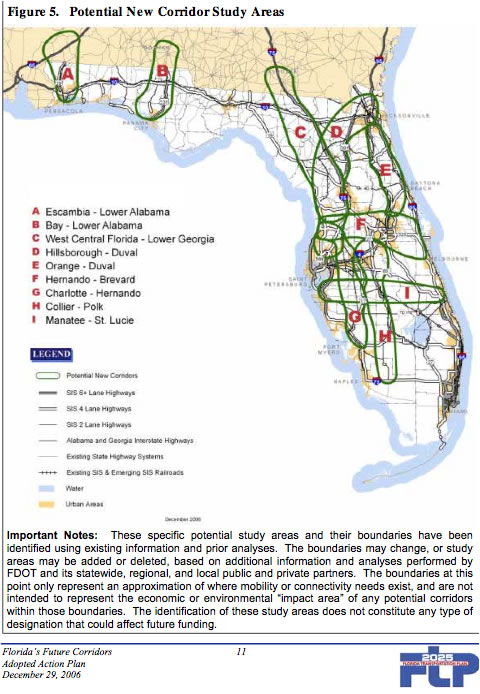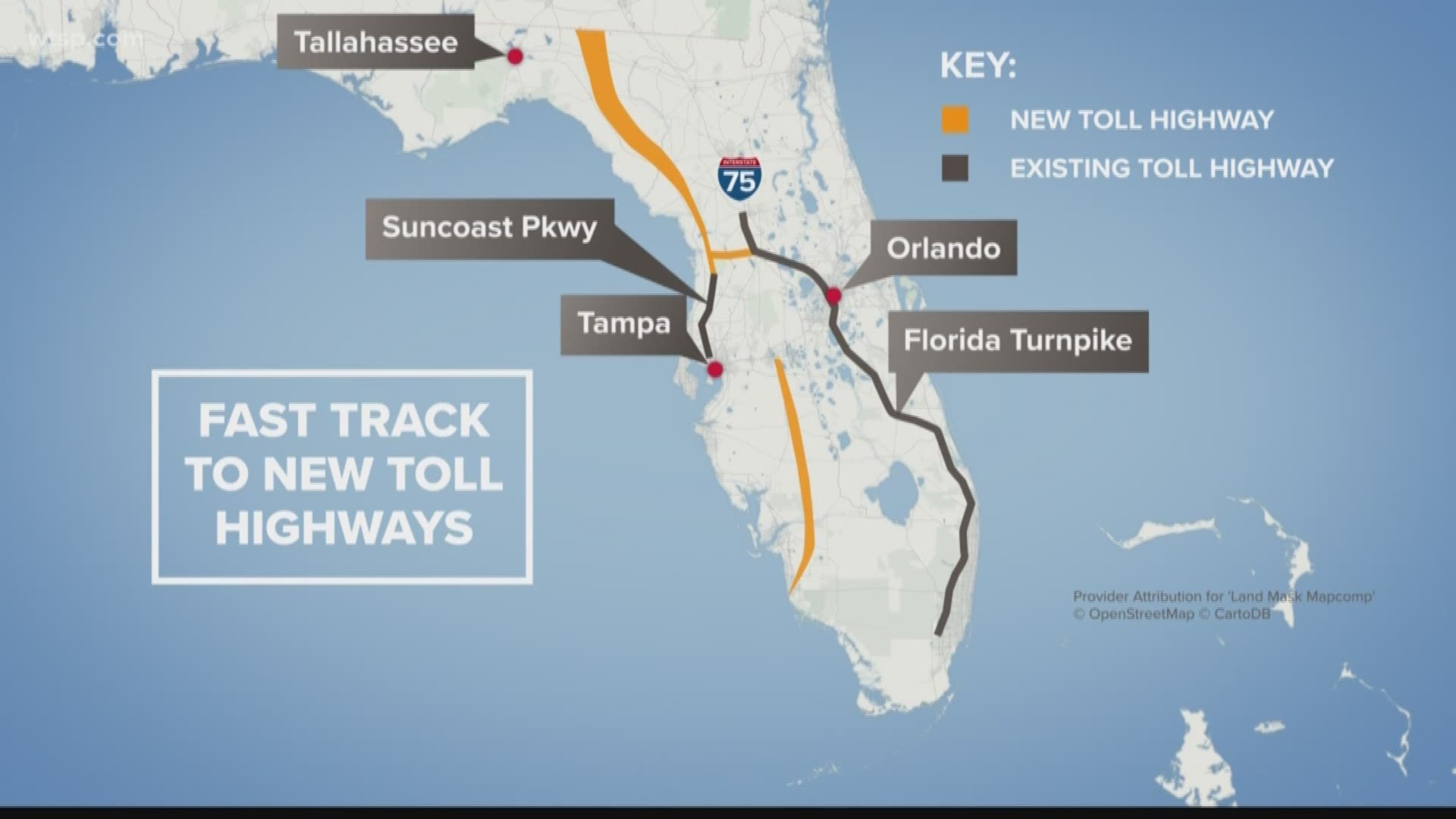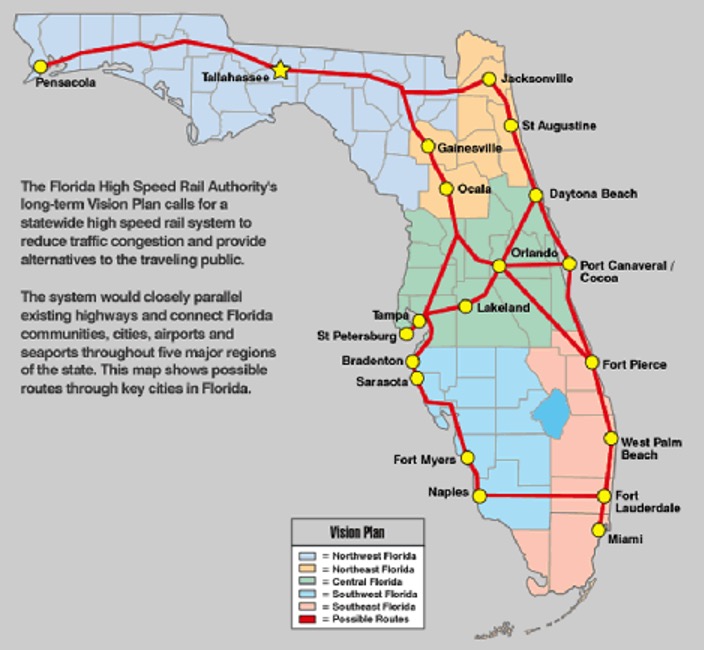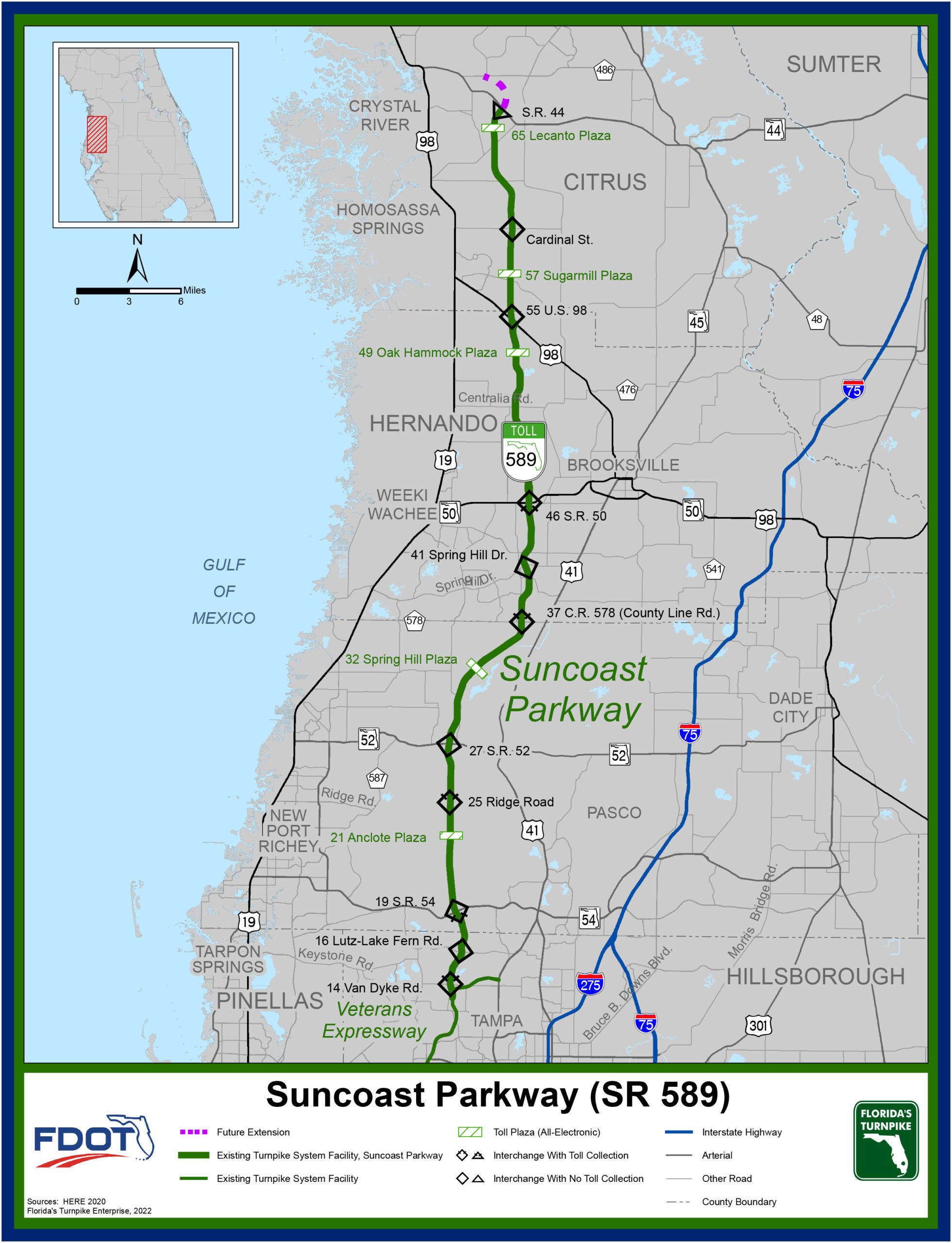Navigating Florida’s Future: A Comprehensive Look At Highway Expansion
Navigating Florida’s Future: A Comprehensive Look at Highway Expansion
Related Articles: Navigating Florida’s Future: A Comprehensive Look at Highway Expansion
Introduction
In this auspicious occasion, we are delighted to delve into the intriguing topic related to Navigating Florida’s Future: A Comprehensive Look at Highway Expansion. Let’s weave interesting information and offer fresh perspectives to the readers.
Table of Content
Navigating Florida’s Future: A Comprehensive Look at Highway Expansion

Florida, a state renowned for its sun-kissed beaches, vibrant cities, and thriving tourism industry, faces a unique challenge: managing the ever-increasing flow of people and goods across its vast landscape. To address this, the state has embarked on a series of ambitious highway expansion projects, aiming to enhance connectivity, alleviate congestion, and foster economic growth. This article delves into the intricacies of Florida’s highway expansion map, providing a detailed analysis of its current state, future plans, and the profound impact these projects will have on the state’s development.
A Tapestry of Transportation: Understanding Florida’s Highway Network
Florida’s highway system, a complex network of arteries and veins, carries millions of vehicles daily, facilitating trade, tourism, and daily commutes. The state’s highway network is comprised of:
- Interstate Highways: These are the primary thoroughfares, connecting major cities within Florida and extending to other states. Notably, Interstate 4 (I-4) runs across the state, connecting Tampa Bay and Orlando, while Interstate 75 (I-75) extends from the Florida Keys to the northern border.
- U.S. Highways: These routes, typically numbered with a "US" prefix, serve as important connectors within the state and often intersect with interstate highways. For instance, U.S. Highway 1 (US 1) runs along the eastern coast, connecting Miami to Jacksonville.
- State Highways: These are roads managed by the Florida Department of Transportation (FDOT), often connecting smaller cities and towns. They play a crucial role in facilitating local commerce and tourism.
The Imperative for Expansion: Addressing Challenges and Opportunities
Florida’s highway system, while extensive, faces increasing strain due to several factors:
- Population Growth: Florida’s population has been steadily rising, leading to increased traffic congestion, especially during peak hours and tourist seasons.
- Economic Development: As Florida’s economy flourishes, the need for efficient transportation infrastructure to move goods and services becomes paramount.
- Tourism: Florida’s tourism industry attracts millions of visitors annually, putting significant pressure on roadways, particularly during peak tourist periods.
Recognizing these challenges, the state has launched a series of highway expansion projects to:
- Improve Traffic Flow: By widening existing highways, adding lanes, and implementing intelligent traffic management systems, the state aims to reduce congestion and improve travel times.
- Enhance Safety: Highway expansion projects often incorporate safety features like improved lighting, wider shoulders, and median barriers, minimizing accidents and enhancing driver safety.
- Boost Economic Growth: Improved transportation infrastructure attracts businesses and investments, fostering economic development and creating new job opportunities.
A Glimpse into the Future: Mapping Out Expansion Projects
Florida’s highway expansion map is a dynamic entity, constantly evolving to meet the state’s evolving transportation needs. Some of the major projects currently underway or planned for the future include:
- I-4 Ultimate Project: This ambitious project aims to transform I-4 from Tampa to Daytona Beach, widening the highway, adding express lanes, and improving interchanges. The project will significantly reduce congestion and improve travel times, benefitting commuters, businesses, and tourists alike.
- I-75 Widening Project: This project focuses on expanding I-75 in various sections, particularly in the Tampa Bay and Orlando areas. This expansion will enhance traffic flow, facilitate the movement of goods, and support economic growth in these crucial regions.
- Suncoast Parkway Extension: This project extends the Suncoast Parkway northwards, providing a new high-speed route connecting Tampa Bay to the Panhandle. The extension will offer a faster alternative to I-75, reducing travel times and facilitating commerce.
- Wekiva Parkway: This toll road, connecting I-4 to the Orlando International Airport, offers a faster and more efficient route for travelers and commuters. The parkway reduces congestion on I-4 and provides a crucial link to the airport.
Beyond the Road: Addressing the Broader Picture
While highway expansion plays a vital role in addressing Florida’s transportation needs, it’s essential to consider a holistic approach:
- Public Transportation: Investing in robust public transportation systems, including buses, trains, and light rail, can alleviate traffic congestion and provide affordable and accessible transportation options.
- Active Transportation: Encouraging walking, cycling, and other active modes of transportation by creating dedicated bike lanes, pedestrian walkways, and safe routes can reduce traffic congestion and promote a healthier lifestyle.
- Smart City Initiatives: Implementing smart city technologies, such as traffic signal optimization, real-time traffic monitoring, and ride-sharing platforms, can enhance traffic flow, reduce congestion, and improve transportation efficiency.
Navigating the Road Ahead: Challenges and Considerations
While highway expansion projects offer significant benefits, they also present challenges:
- Environmental Impact: Construction and expansion projects can impact natural habitats, water resources, and air quality. Careful planning and mitigation measures are crucial to minimize environmental damage.
- Community Impact: Expansion projects may necessitate land acquisition, potentially displacing residents or businesses. Transparent communication and fair compensation are vital to ensure minimal disruption.
- Funding: Funding these ambitious projects requires careful resource allocation and prioritization. Public-private partnerships and innovative financing models can help secure the necessary resources.
FAQs: Unraveling the Mysteries of Florida’s Highway Expansion
Q1: What are the benefits of highway expansion projects in Florida?
A: Highway expansion projects offer numerous benefits, including reduced traffic congestion, improved travel times, enhanced safety, and increased economic growth. These projects facilitate the movement of people and goods, supporting tourism, commerce, and job creation.
Q2: How are highway expansion projects funded in Florida?
A: Funding for highway expansion projects comes from various sources, including state and federal gas taxes, tolls, bonds, and public-private partnerships. The FDOT prioritizes projects based on their impact on traffic flow, safety, and economic development.
Q3: What are the environmental concerns associated with highway expansion?
A: Highway expansion projects can impact natural habitats, water resources, and air quality. Mitigation measures, such as habitat restoration, water quality monitoring, and noise barriers, are implemented to minimize environmental damage.
Q4: How are communities impacted by highway expansion projects?
A: Expansion projects may necessitate land acquisition, potentially displacing residents or businesses. The FDOT works to minimize disruption through transparent communication, fair compensation, and relocation assistance programs.
Q5: What are the future plans for highway expansion in Florida?
A: Florida’s highway expansion map is constantly evolving. The FDOT prioritizes projects based on their impact on traffic flow, safety, and economic development. Future projects will likely focus on expanding existing highways, constructing new routes, and implementing smart city technologies to enhance transportation efficiency.
Tips for Navigating Florida’s Highways:
- Plan Your Trips: Utilize online mapping services and traffic apps to plan your route and avoid congestion.
- Check for Construction: Stay informed about ongoing construction projects that may affect your travel plans.
- Drive Safely: Adhere to speed limits, avoid distractions, and be aware of your surroundings.
- Consider Alternative Transportation: Explore public transportation options, such as buses, trains, and light rail, to alleviate traffic congestion.
- Be Patient: Traffic congestion is a reality in Florida, especially during peak hours and tourist seasons. Be patient and allow extra time for your journeys.
Conclusion: Shaping Florida’s Transportation Future
Florida’s highway expansion projects are a testament to the state’s commitment to enhancing connectivity, fostering economic growth, and improving the quality of life for its residents. By carefully planning, implementing, and monitoring these projects, the state can navigate the challenges of increasing population, tourism, and economic development while ensuring a safe, efficient, and sustainable transportation system for generations to come. As Florida continues to evolve, its highway expansion map will play a pivotal role in shaping its future, connecting communities, and driving economic prosperity.








Closure
Thus, we hope this article has provided valuable insights into Navigating Florida’s Future: A Comprehensive Look at Highway Expansion. We hope you find this article informative and beneficial. See you in our next article!